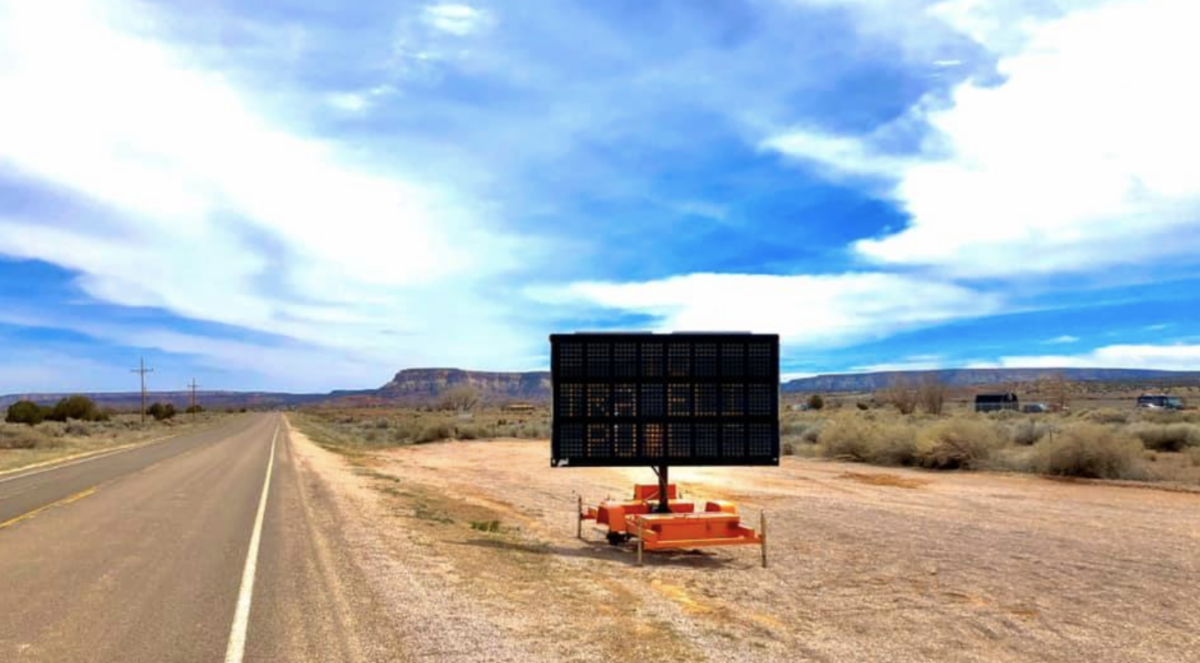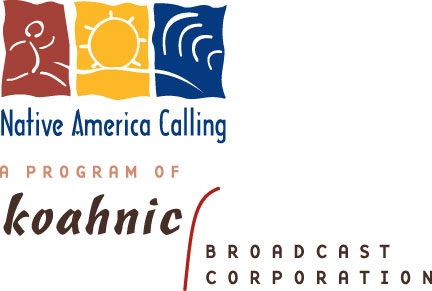Podcast: Play in new window | Download | Embed
Indigenous investigators in Alberta say they’ve found evidence of genocide at the site of a former Indian residential school.
As Dan Karpenchuk
reports, they’ve released a preliminary document into missing children
and unmarked graves at the former Blue Quills Residential School.
The
Aciniwyn Opaspiw Society says its investigators have uncovered physical
and documented evidence – and their report includes allegations that a
so-called disciplinarian who worked at the school from 1935 to 1942 was
seen killing Indigenous children.
The society said information came from intergenerational survivors whose parents witnessed the homicides.
The accused died in 1968.
Leah
Redcrow of the society also says many children died after they were
forced to drink unpasteurized milk contaminated with bovine
tuberculosis.
Redcrow says it was deliberate because school administrators were not dying and they didn’t eat the same food as the children.
Redcrow says ground penetrating radar was used on the site last autumn.
“When
it was accidentally excavated, the excavator found a bunch of little
skeletons piled on top of each other, and actually the GPR also
confirmed that it’s only (eight inches) below the surface of the ground.
We don’t know exactly how many children are in the mass grave yet, but
we do plan to excavate the mass grave as our investigation progresses."
Redcrow
says work is still underway to determine how many children disappeared.
She says her group is actively investigating the deaths of at least 200
residential school children who never returned home.
Over the
past year, hundreds of unmarked graves have been discovered at former
residential school sites in British Columbia and Saskatchewan, the
government-funded, church run schools.
The schools were operated across Canada from the late 1800’s to the late 1900’s.
About 150,000 Native children were taken from their families and forced to attend the schools.
Thousands were abused. Many died.






